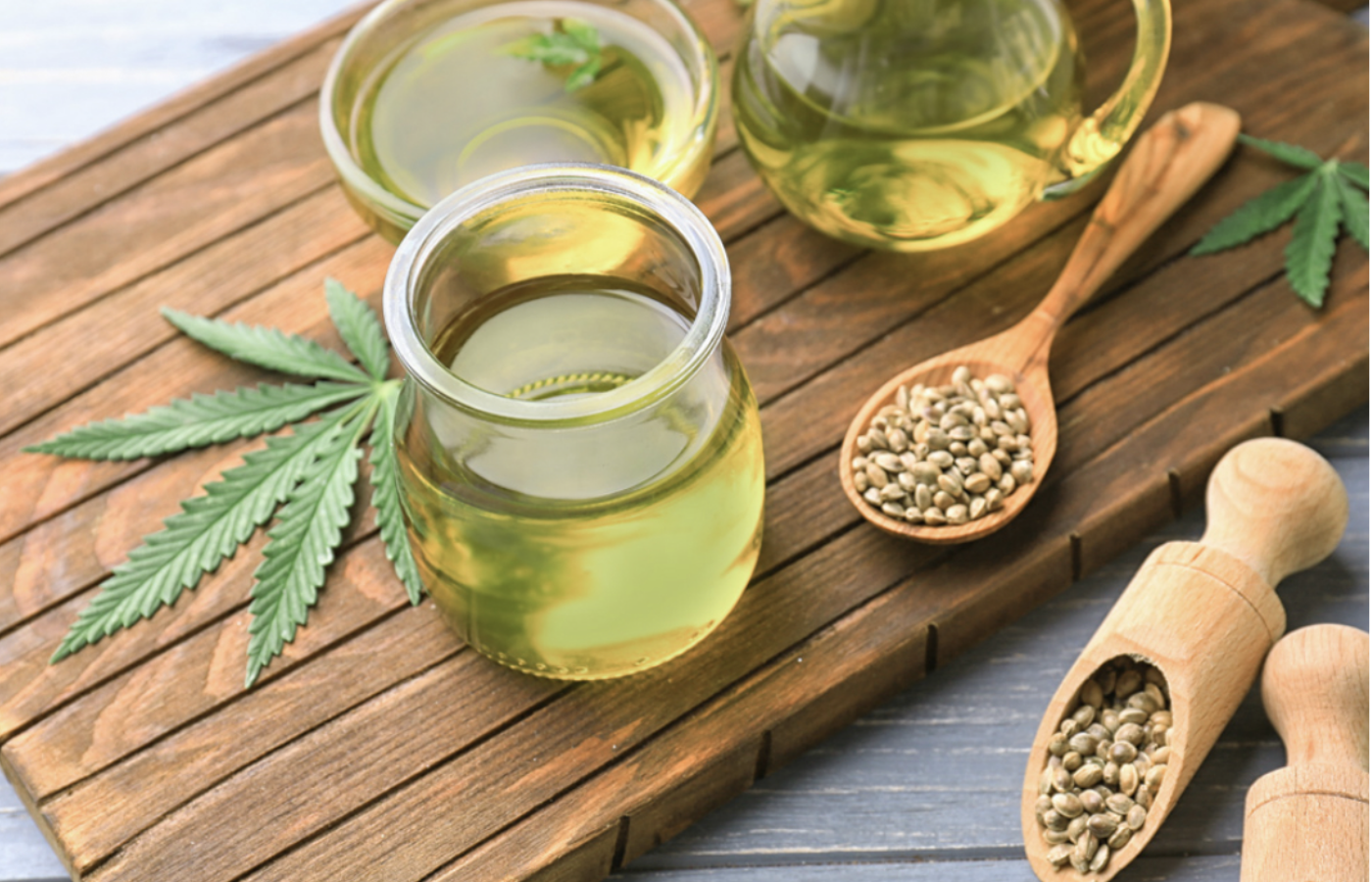As more states ease laws on cannabis usage, hotels are finding new ways to incorporate the drug into their product offering, either catering to new demographics or offering new services for those eager to try something different and exciting.
According to a Gallup poll from late last year, more than 65 percent of Americans “support legalizing marijuana for both recreational and medicinal use.” So far, 31 states across the country now permit marijuana use in some form, even though the drug is still classified as “schedule 1,” meaning that it has a high potential for abuse. Even so, recreational use of cannabis is now legal in nine states as well as the District of Columbia, and businesses are jumping on the bandwagon.
After California legalized recreational use of marijuana earlier this year, the Desert Hot Springs Inn in the Coachella Valley began advertising itself as cannabis-friendly, allowing guests to smoke outdoors or using a vaporizer in the guestrooms. According to the Los Angeles Times, business improved by as much as 50%, while business at the 10-room Hicksville Pines Bud and Breakfast in Idyllwild increased by about 30% since its owner turned it into a “cannabis-centric property.”
But that uptick in business may not be enough for hotels across the state (and in other states where recreational use is legal) to permit guests to smoke up on property. Carl Winston, director of the school of hospitality and tourism management at San Diego State University, told the paper that there are significantly more problems with allowing marijuana on-site than there are benefits. For example, families may not want to stay in a smoke-friendly hotel, and a branded property that allows the use may cost sister hotels business from more conservative guests. And in terms of logistics, the cost of cleaning smoke from all of the textiles in a guestroom can be prohibitive. As such, many cannabis-friendly hotels may want to limit smoking to outdoor areas. For example, the 39-room Moment Hotel in West Hollywood only allows guests to smoke on the rooftop (this includes traditional tobacco products in addition to marijuana). Non-smokers, therefore, can breathe easy in the guestrooms and public areas.
If a hotel does not allow smoking on-site, it can still find other ways to cash in, especially with F&B. (After all, “edibles” are popular for a reason.) The Hollywood Roosevelt offers a mojito infused with cannabidiol (CBD), a non-intoxicating compound found in the cannabis plant, as well as three CBD-infused desserts. Peter Hansen, director of F&B for the hotel, told The New York Times that the CBD menu has proven popular, and guests have requested more options. The Thompson Seattle, meanwhile, has already offered several private dinners that include different strains of marijuana paired with food. More meals for the public are reportedly in the works.
Beyond edibles, CBD oil can be incorporated into spa treatments, like at the Spa Solage at Solage, Auberge Resorts Collection, in Napa Valley. The property offers a massage, facial and body scrub with CBD, promoting the treatments as helping to soothe insomnia, pain relief, anxiety and eczema. (It is worth noting that CBD, as a non-psychoactive compound, does not produce the same kind of “high” that THC, the psychoactive component of marijuana, does.)
Of course, there are pros and cons with integrating cannabis and marijuana into a hotel’s operations. If your state allows cannabis, will you incorporate it? We’d love to hear your comments!






